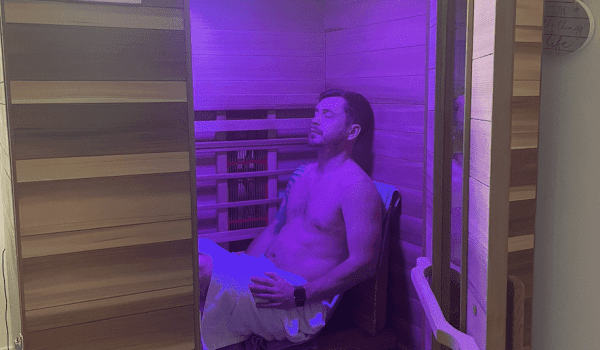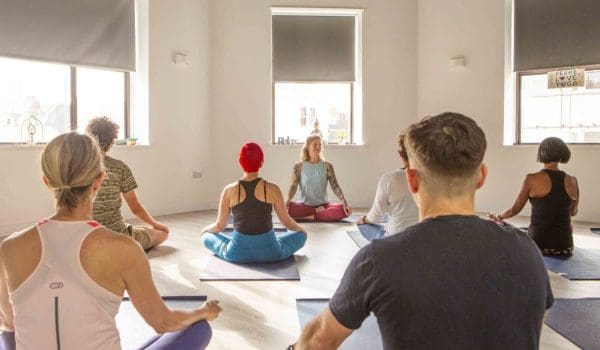Anxiety is becoming more and more prevalent in modern society and increasingly debilitating for sufferers. Thankfully, many people with anxiety and depression are finding that floatation helps alleviate their symptoms. A recent article in Time magazine documented the dramatic effect floatation had on a PTSD sufferer and how American neuropsychologist is researching how floating has an effect on anxiety as dramatic as some anxiety medication. All the studies and accounts of personal experiences show that floating has both an instant and accumulative effect on feelings of anxiety.
Neuropsychologist Justin Feinstein’s Research
Although there are a huge number of people who have reported that floating helps alleviate their anxiety, there isn’t much research into exactly what happens in the brain to create this effect. Neuropsychologist Justin Feinstein was so impressed by the results of various studies that show the dramatic improvement patients had in their stress, depression, anxiety and pain after floating that he set up a floatation research centre in Oklahoma, USA. Here he uses sensors, EEG machines and an MRI machine to conduct experiments on brain activity before, during and after floating.
Floatation as Meditation
One of the results Feinstein expects to find is that floating has a similar effect on the brain to meditation. Researchers have studied brain activity while people are meditating and have discovered that areas of the brain associated with attention are much more active during meditation and activity around the amygdala, the area of the brain that creates the fight or flight response, is greatly reduced. This is why meditation is so effective at reducing stress and anxiety but the problem with it is that these effects were only significant in people who were long time practitioners and not everyone can mediate at all, much less stick with it long enough to achieve such impressive results. Feinstein believes that floatation may provide a short cut to achieving similar effects without the lengthy practice and discipline. He thinks that floating may have the same potential to switch off the amygdala as lorazepam, an effective anti-anxiety medication.
The ‘Time Out’ Effect
Another study published in the BMC Complementary and Alternative Medicine journal talks about how sensory deprivation allows the mind time to fully relax as it doesn’t have to focus on anything external not even keeping the body in a certain position. They call this state of deep relaxation the relaxation response as it is the exact opposite of the fight or flight response which causes stress and anxiety. Entering this state immediately alleviates stress and anxiety and the more floats you have, the stronger and more long lasting the effect.
At The Float Spa, we understand that getting any kind of treatment for anxiety can be difficult due to the nature of the problem. That’s why we do everything we can to make the experience as stress-free as possible. We have an online booking system which people can use if they aren’t comfortable ringing up to book and our reception staff are trained to put everyone who comes into the spa at their ease. What you can expect when you come for a float is explained on our website and our staff are very happy to explain everything to you and point out everything you need to do or be aware of when you arrive. Please call 01273 933680 for more information or to book your session.










